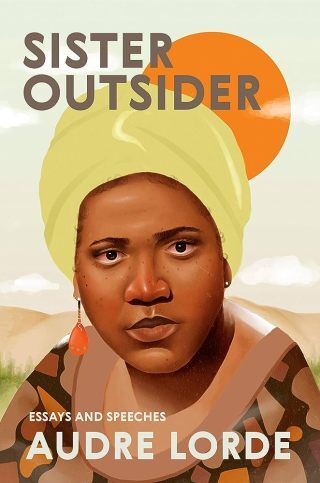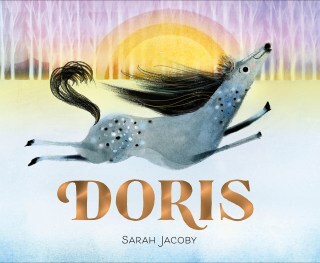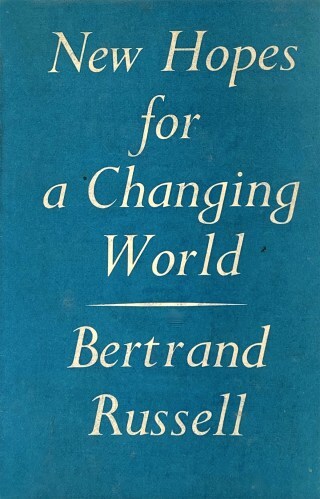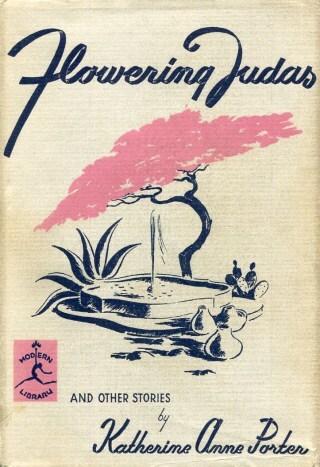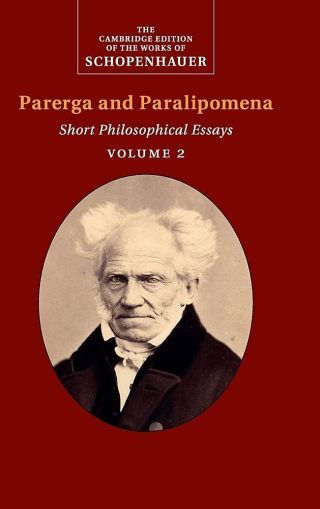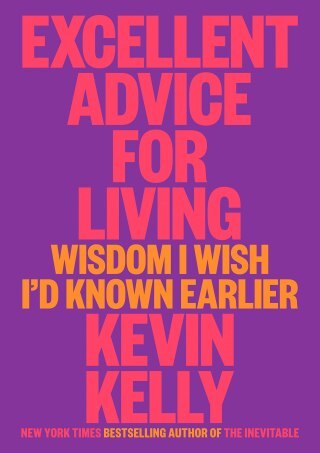Maria Popova's Blog, page 37
August 19, 2023
Into the Blue Beyond: William Beebe’s Dazzling Account of Becoming the First Human Being to See the Deep Ocean
“Who has known the ocean? Neither you nor I, with our earth-bound senses,” Rachel Carson wrote in her pioneering essay Undersea in an era when the deep ocean was more mysterious than the Moon. The essay became the basis of her lyrical 1951 book The Sea Around Us, which won her the National Book Award and which she dedicated to William Beebe (Jul...
August 18, 2023
Uses of the Erotic: Audre Lorde on the Relationship Between Eros, Creativity, and Power
To be a complete human being, to fully inhabit your own vitality, is to live undivided within your own nature. No part of us is more habitually exiled, caged, and crushed under the weight of millennia of cultural baggage than Eros — the part that includes sexuality but transcends it to also include our capacity for spontaneity and playfulness, our tolerance for uncertainty,...
August 16, 2023
Terror, Tenderness, and the Paradoxes of Human Nature: How a Marmoset Saved Leonard and Virginia Woolf’s Lives from the Nazis
The most discomposing thing about people capable of monstrous acts is that they too enjoy art, they too read to their children, they too can be moved to tears by music. The dissident poet Joseph Brodsky captured this as he contemplated the greatest antidote to evil, observing that “no matter how evil your enemy is, the crucial thing is that he is human.” Little Prince author Antoine de Saint-Exupéry experienced it first-hand when a smile and a cigarette exchanged with an enemy saved his life whi...
August 15, 2023
Doris: A Watercolor Serenade to the Courage of Authenticity and the Art of Connection
“There is no insurmountable solitude,” Pablo Neruda asserted in his stirring Nobel Prize acceptance speech. “All paths lead to the same goal: to convey to others what we are. And we must pass through solitude and difficulty, isolation and silence in order to reach forth to the enchanted place where we can dance our clumsy dance.”
The self-permission to dance into our authenticity, however clumsily, however lonesomely, may be the supreme achievement of life.
A bright celebration of that self-per...
August 10, 2023
Bertrand Russell on the Salve for Our Modern Helplessness and Overwhelm
“To be a good human being is to have a kind of openness to the world, an ability to trust uncertain things beyond your own control,” philosopher Martha Nussbaum concluded in considering how to live with our human fragility. And yet in the face of overwhelming uncertainty, when the world seems to splinter and crumble in the palm of our civilizati...
August 8, 2023
Little Black Hole: A Tender Cosmic Fable About How to Live with Loss
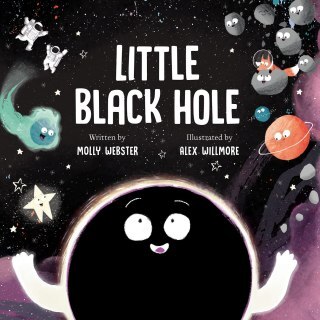
Right this minute, people are making plans, making promises and poems, while at the center of our galaxy a black hole with the mass of four billion suns
screams its open-mouth kiss of oblivion. Someday it will swallow every atom that ever touched us and every datum we ever produced, swallow Euclid’s postulates and the Goldberg Variations, calculus and Leaves of Grass.
When black holes first emerged from the mathematics of relativity, Einstein himself wavered on whether or not they could be real ...
August 6, 2023
What Rises from the Ruins: Katherine Anne Porter on the Power of the Artist and the Function of Art in Human Life
When the dust of the centuries settles, what is left of every civilization are not its dogmas and its ideologies, not its reasons for going to war, but its arts — those emblems of our search for meaning, reaching for a reality realer than fact, deeper than doctrine; those records of our reckoning with what the world is and what it can be; those supreme revelations of who and what we are. Rebecca West understood this whe...
August 5, 2023
The Human Scale: Oliver Sacks on How to Save Humanity from Itself
The poetic neurologist Oliver Sacks (July 9, 1933–August 30, 2015) was one of those rare seers capable of bending their gaze past the horizon of their culture’s givens. He wrote presciently about consciousness, our search for meaning, and ChatGPT 30 years before ChatGPT. He challenged the blind spots of Western medicine with his empirically tested faith in the healing power of nature. And as he was dyi...
August 3, 2023
The Porcupine Dilemma: Schopenhauer’s Parable about Negotiating the Optimal Distance in Love
This is the supreme challenge of intimacy — how to reconcile the aching yearning for closeness with the painful pressures of actually being close, how to forge a bond tight enough to feel the warmth of connection but spacious enough to feel free.
Kahlil Gibran knew this when he contemplated the vital balance of intimacy and independence, urging lovers to “love one another but make not a bond of love: Let it rather be a moving sea between the shores of your souls.” Rilke knew it when he reckoned...
July 29, 2023
Excellent Advice for Living: Kevin Kelly’s Life-Tested Wisdom He Wished He Knew Earlier
“No one can build you the bridge on which you, and only you, must cross the river of life,” Nietzsche wrote as he reckoned with what it takes to find yourself. And yet where would the world be if each generation didn’t plank its crossing with the life-tested wisdom of its elders? Often, that wisdom comes so simply worded as to appear trite — but it is the simplicity of a children’s book, or of a Zen parable: unvarnished element...

